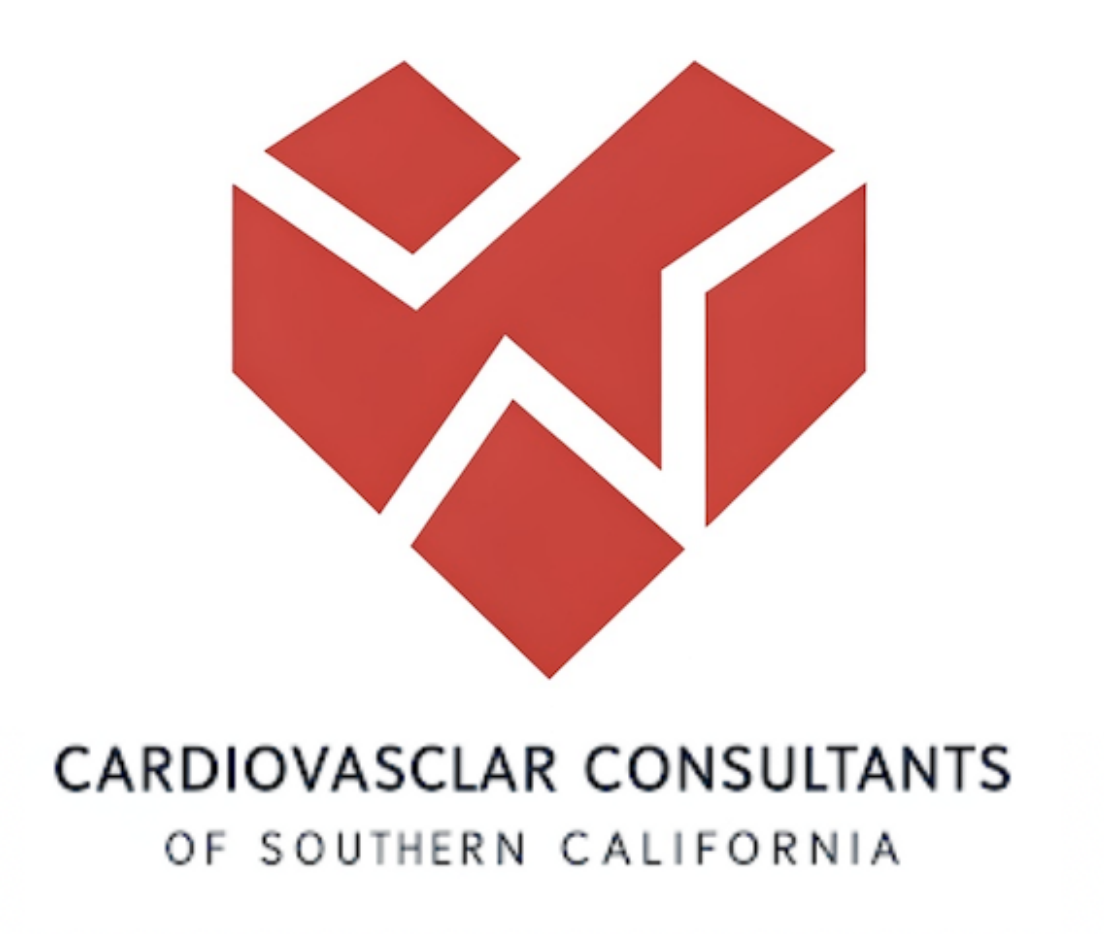Atrial Fibrillation
Atrial fibrillation (AFib) is a prevalent arrhythmia characterized by irregular and often rapid heartbeats in the upper chambers of the heart. Instead of contracting normally, the atria quiver due to chaotic electrical signals, leading to a fast heart rate that can exceed 100 beats per minute at rest. This condition may can result in symptoms such as palpitations, shortness of breath, fatigue, dizziness, and chest pain. While AFib itself may not be immediately life-threatening, it significantly heightens the risk of complications like stroke, as blood can pool in the atria and form clots that may travel to the brain.
Risk factors for AFib include high blood pressure, heart disease, thyroid issues, sleep apnea, diabetes, obesity, excessive alcohol use, smoking, stress, and advancing age.
Diagnosis typically involves an electrocardiogram (ECG), Holter monitors, blood tests, or echocardiograms to assess heart rhythm and structure. The connection to stroke is critical, as AFib increases stroke risk up to fivefold, alongside potential issues like heart failure from a sustained fast heart rate. Early detection and management are essential to mitigate these dangers.
Treatment options aim to control symptoms, restore normal rhythm, and prevent stroke. Patients can live well with AFib by monitoring symptoms, adhering to treatments, and recognizing stroke signs.
If you experience fatigue, palpitations or irregular heart beat don’t hesitate and seek help. Dr. Moradi in Anaheim California is experienced in treating atrial fibrillation and preventing its life-changing adverse outcomes.

